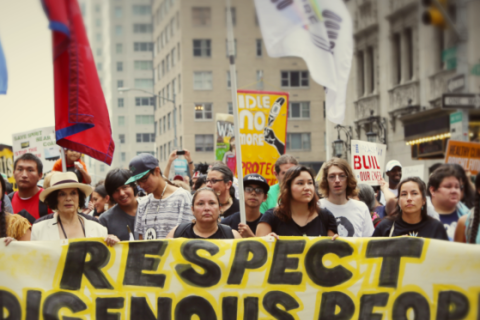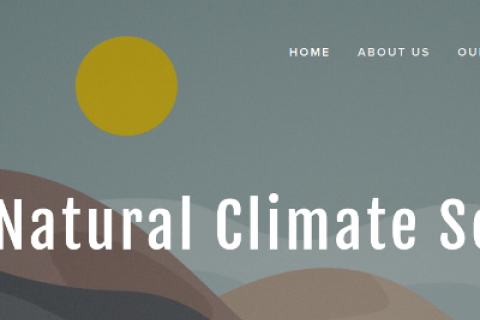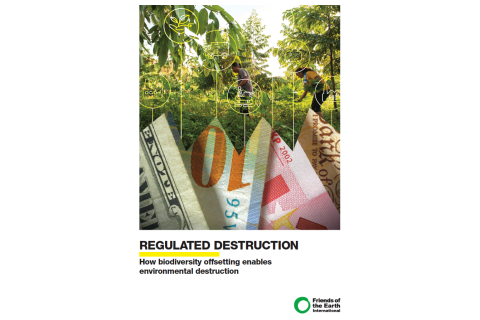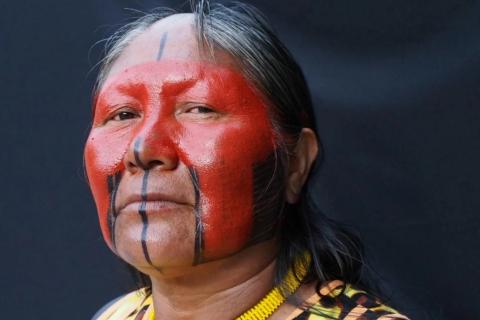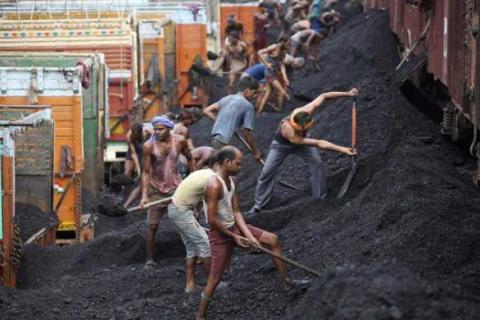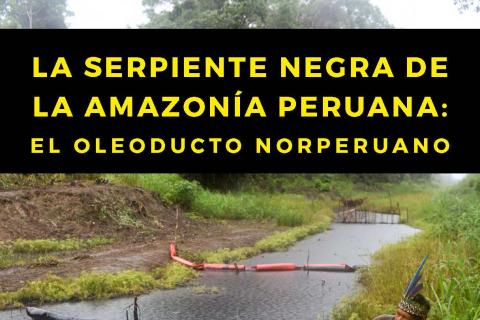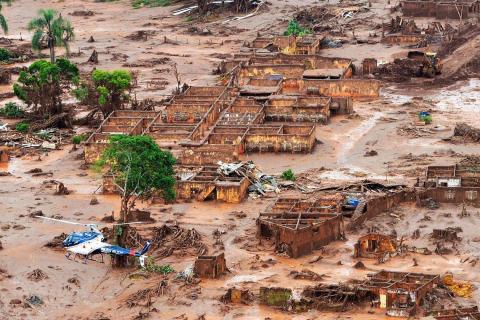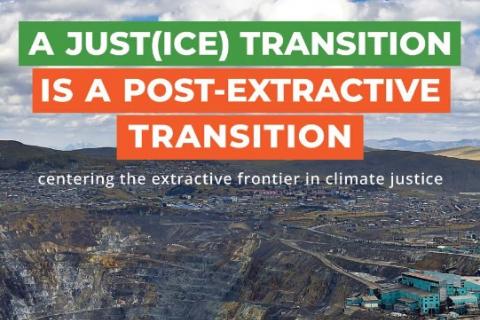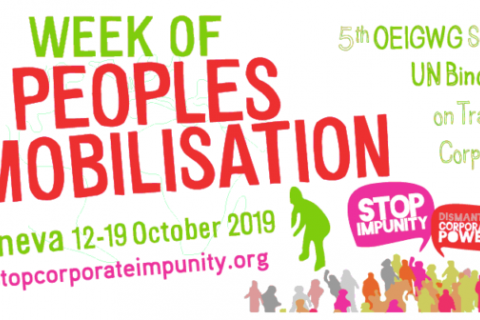Another reflection around a key concept for forests and forest-dependant people is the WRM’s Bulletin 234, from November 2017, which reflects on the concept of Rights.
Other information
A post from the REDD-Monitor blog opens up the space for a needed debate about the politics surrounding so-called nature-based or natural climate “solutions”. Among others, it makes clear which actors are “loving” this initiative: oil and gas corporations in hand with their partners, the big international conservations NGOs who also support carbon offsets and REDD.
ARTE, the European TV channel, broadcasted a documentary about FSC entitled: “The exploitation of primary forests: Can an ecolabel stop the forest industry?” Journalists traveled to several countries to investigate what FSC certification looks like on the ground, and whether it protects the forests and the rights of indigenous peoples and local communities that live in and near the forest. The almost one-hour documentary concludes that over the past 25 years of its existence, FSC has failed even to slow down the logging industry.
A recent report by Friends of the Earth International highlights how classic, stringent regulations are being swapped for much more lenient compensation and offsetting schemes. Specific sectors, such as the global food, agriculture and aviation industries, use these schemes to maintain their social license to continue their destructive activities and ward off the threat of regulation. The report explores and unpacks the myths behind biodiversity offsetting: what it means, and how it enables the destruction of nature and undermines environmental protection.
Chile was to be the host of the UN Climate Summit. But in the face of a massive popular uprising against the neoliberal economic model, Chile cancelled the Summit and it was moved to Spain, yet Chile retained the Presidency of the COP.
CUIDANDERAS is a mini-series from the Urgent Action Fund for Latin America and the Caribbean (UAF-LAC). It presents stories of Latin American women defenders who are committed to caring for their territories, healing their bodies, and confronting extractive and racist models. One video shows how the Waorani women - from the province of Orellana, Ecuador - have been fighting to protect their territory in the Amazon and preserve their indigenous culture. For over 60 years, they have been resisting the threats of a petroleum industry that jeopardizes their way of life.
Directed by Dandhy Dwi Laksono and Ucok Suparta, “Sexy Killers” is a 2019 Indonesian documentary film that portrays the coal mining industry and its relations with the Indonesian political establishment. The documentary also shows how mining companies, backed by the local and national governments, often seize people’s lands and raze forests in their pursuit of more coal.
Published by Market Forces and 350.org, and co-published by Bangladesh Poribesh Andolan (BAPA), Transparency International Bangladesh (TIB) and Waterkeepers Bangladesh, this new publication exposes foreign-led finance as the driving force behind plans for 29 coal-fired power stations, an expansion that has seen Bangladesh leap, within just 3 years, from 12th to 6th i
Since 1979, more than 100 oil spills have occurred along the North Peruvian pipeline – a mega construction, stretching a massive 1,106 km from the Amazon to the Peruvian coast, operated and owned by state company Petroperu. The large majority of the spills happened after 2008 in Loreto, home of 27 different indigenous peoples, including indigenous groups living in voluntary isolation.
Four years after the collapse of Samarco’s tailings dam in Mariana, organizations and movements presented a case before the Inter-American Court of Human Rights. The objective is to condemn the Brazilian State for human rights violations that it committed throughout the Doce River basin, including violations of the rights to: life, due process and judicial protection, freedom of association, private and collective property, equality before the law and a decent life.
This recent publication from War on Want and London Mining Network highlights the immediate need for a full and rapid transition away from fossil fuels. But this transition, they argue, will not succeed, nor will it bring about justice or ecological wellbeing if it is predicated on indefinite economic growth among the world’s wealthiest and persistent inequality globally. The damage that would be brought on by the scale of projected material extraction to meet the demand of growth would be deleterious to the aims of the transition.
The UN Inter-governmental Working Group (IGWG) discussing a treaty on “transnational corporations and other business enterprises with respect to human rights,” enters its fifth round of negotiations at the UN.
